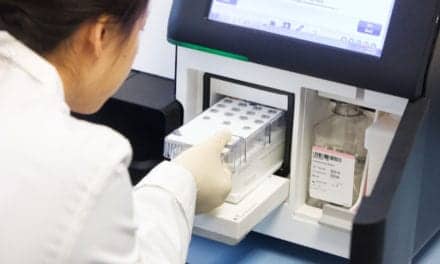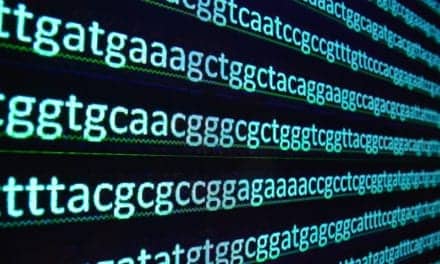
The transition in favor of array-based cytogenetic assays in lieu of traditional karyotyping is well under way. For higher-risk pregnancies, the use of sequence-based testing of cell-free DNA in maternal blood is becoming more common, although evidence of genetic abnormalities must then still be confirmed with more invasive procedures.
Research aimed at isolation of nucleated fetal cells from maternal blood could provide better answers with lower risk in the future. Advances in single-cell sequencing are being applied to preimplantation diagnostics, and could be particularly powerful when combined with fetal cell isolation from maternal blood. Progress is also being made in the development of biomarkers to assess the risk of both pre-term labor and preeclampsia, which offers the potential of much earlier steps to limit these dangers.
While technical developments will be important, there are also a number of other factors, including regulatory and reimbursement challenges, as well as clinical and genetic counseling perspectives, that need to be understood in order to forecast how this field is likely to develop over the next few years.
Cambridge Healthtech Institute will present the Advances in Prenatal Molecular Diagnostics Conference, to be held from September 23 to 24, in Boston.
(Pictured at right, above, Ronald Wapner, MD, director of reproductive genetics and vice chair of research for the Department of Obstetrics and Gynecology, Columbia University Medical Center. Wapner will present “Prenatal Genetic Diagnosis: Balancing the Options.”)
Click here to view the event brochure.
Click here to register.
[Source: Cambridge Healthtech Institute]





